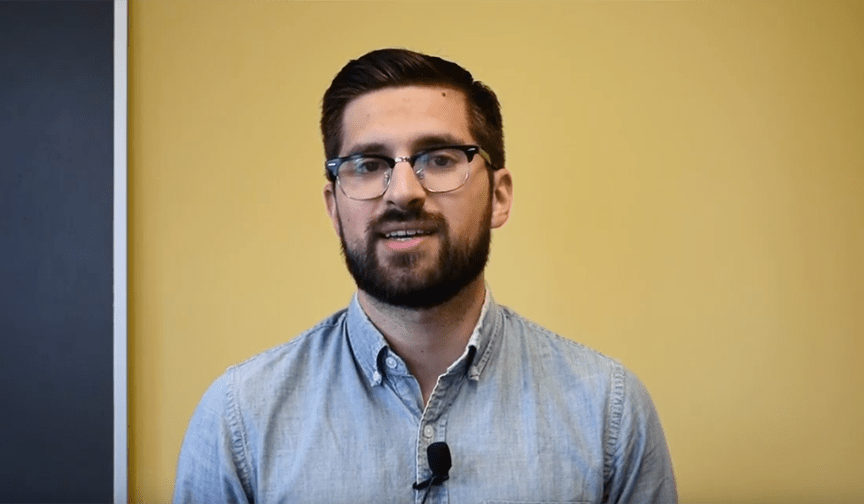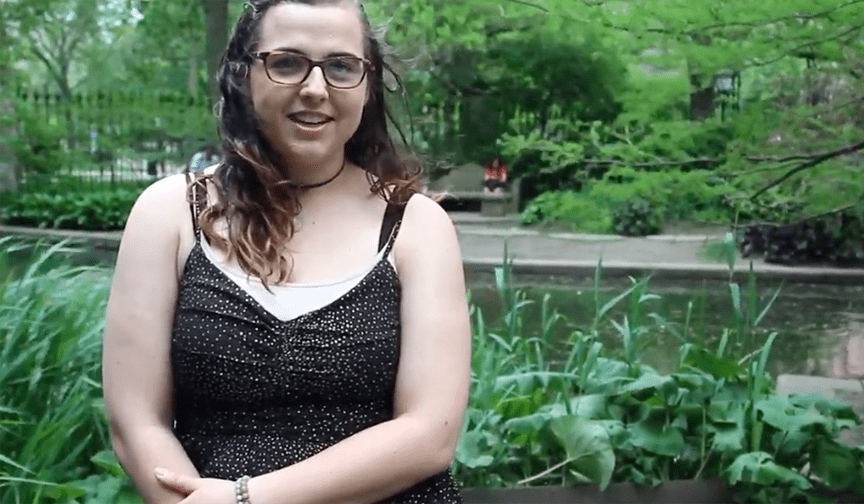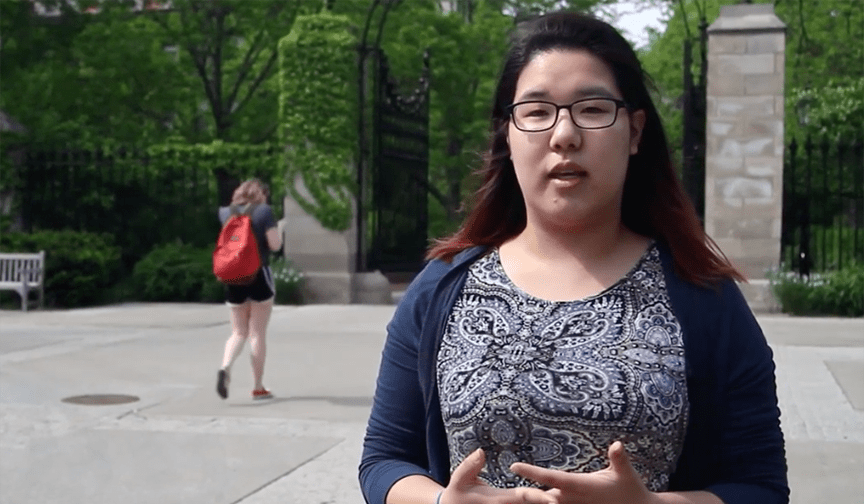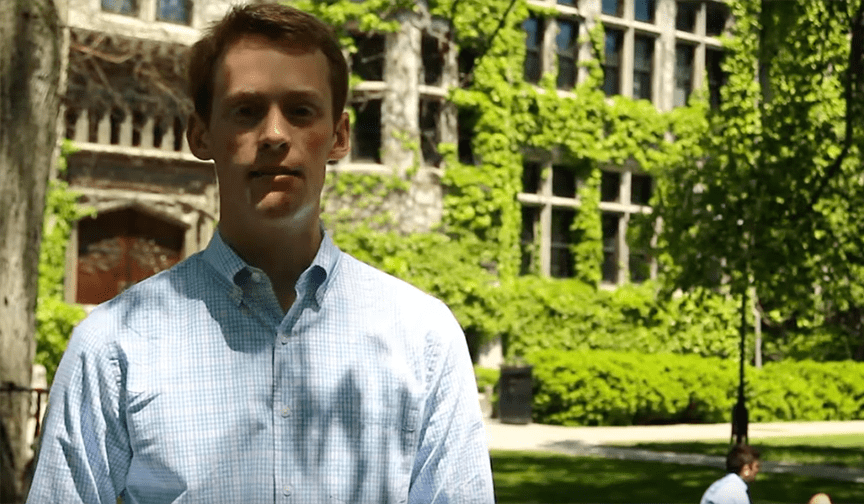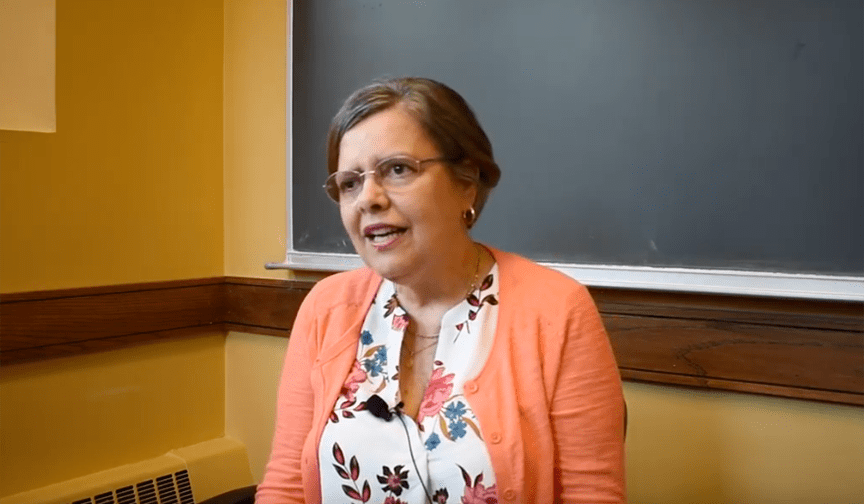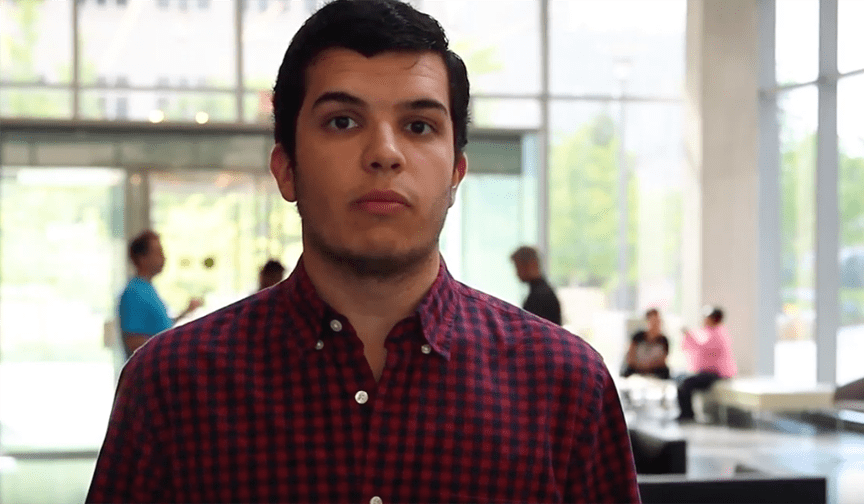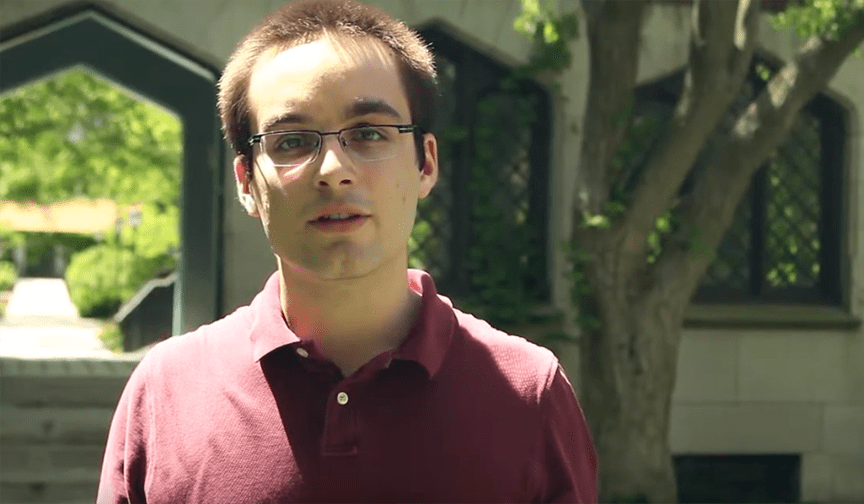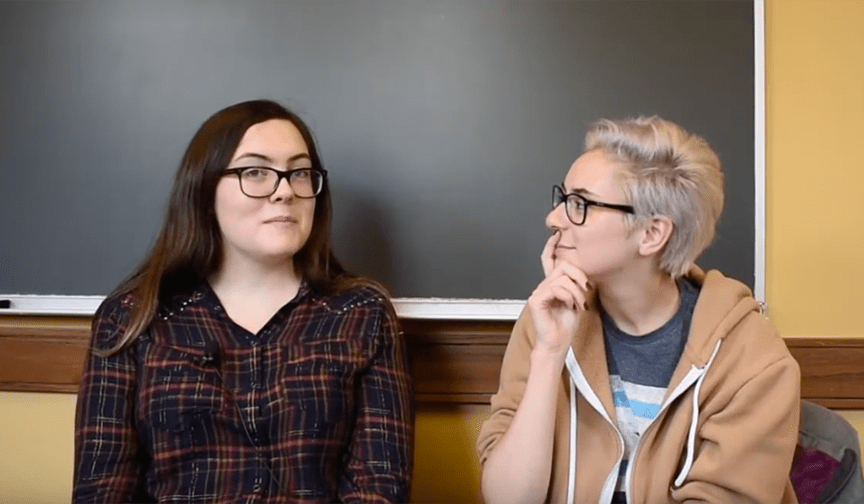
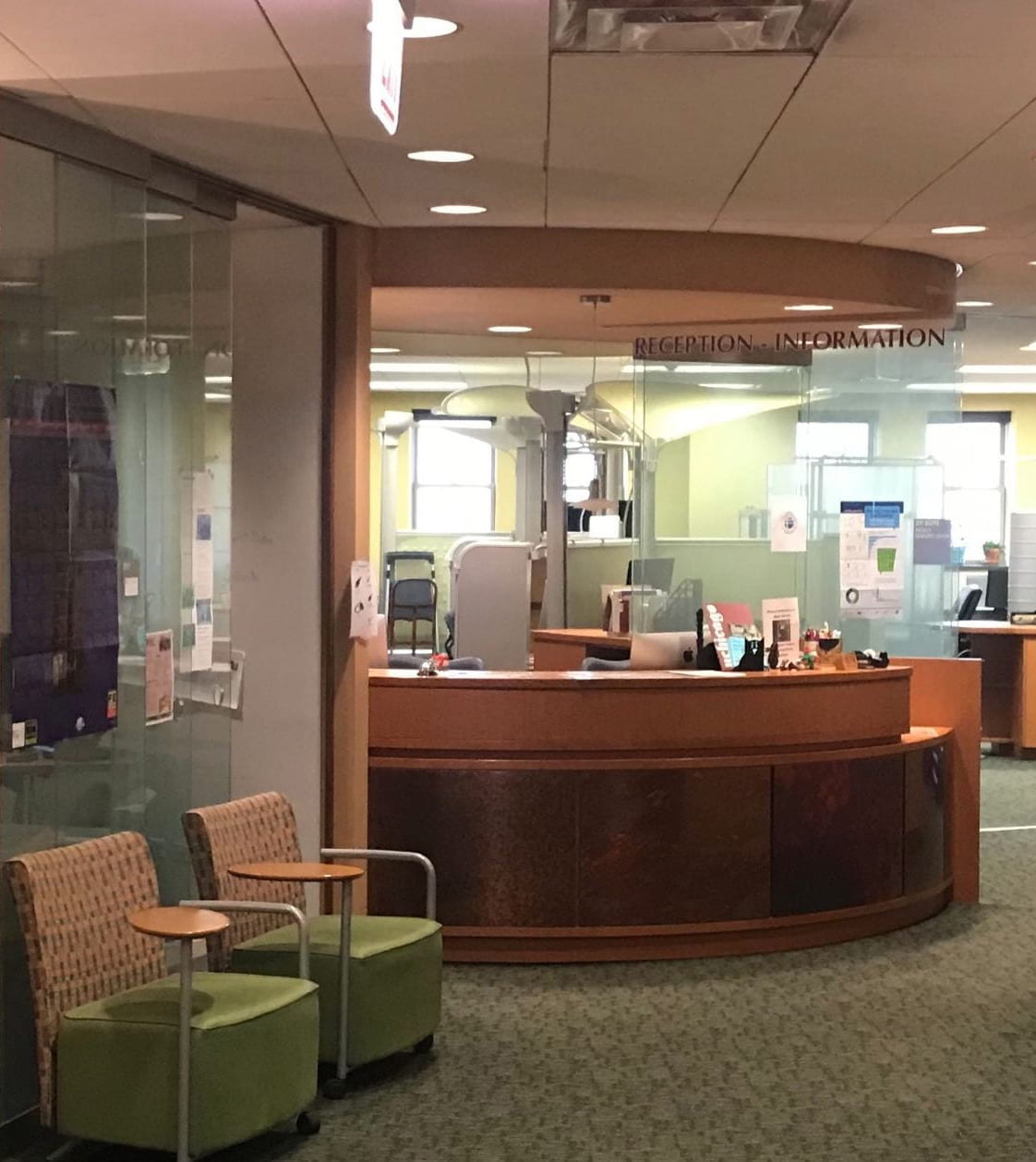
University of Chicago Language Center
The CLC is a hub of professional development and services for the hundreds of instructors and graduate students that teach the 50+ languages spread across various departments within the university. We also promote language study and increase the visibility of our language offerings, helping students navigate and go beyond the university’s language requirements.
 Office of Language Assessment
Office of Language Assessment
Established in 2016, the OLA has centralized all language testing across the University of Chicago campus to ensure the highest quality of tests and testing procedures. Using research and practice from the fields of Applied Linguistics and Language Testing, we develop strategies to expand and integrate the University’s language testing and pedagogy programs.
 English Language
English Language
Institute
Through academic, professional, and intercultural programming, the ELI supports UChicago individuals for whom English is an additional language (EAL). Established in 2015, the ELI is housed in the CLC and partially funded by the Provost’s Office.
.
.
Location
Cobb Hall, Suite 211
5811 S Ellis Ave
Chicago, IL 60637
We are located on the 2nd floor of Cobb Hall, on the main quadrangle of the University of Chicago campus in Hyde Park. The Ellis Avenue entrance is accessible by wheelchair.
Hours
Mon-Fri: 8:30 AM-5:00 PM
Contact
For questions, reservations, and further info, please contact us by phone or email:
Phone: (773) 702-9772
Email: languages@uchicago.edu
.
.
THE LATEST FROM OUR BLOG

Cathy Baumann’s Interview on Reverse Design
Cathy Baumann: "When we teach, we make hundreds, if not thousands, of decisions: which materials should I use? Which textbook? What will be homework? What will I do in class? You can make better choices about all those questions if you know where you’re going,...
Tech Mini-Workshops: Loom, Canva, and Microsoft Stream
On Wednesday, Feb 17, 2021, Nicole Burgoyne (German) and Nick Swinehart (CLC) gave a workshop introducing several technical tools and techniques: automatic foreign-language captions with Microsoft Stream, screen recording with Loom, and graphic design with Canva. •...
Creating Graphic Organizers with Lucidchart
On Wednesday, Feb 3, Colin Benert (Associate Instructional Professor of German) gave a fantastic workshop titled "Creating Graphic Organizers for Synchronous and Asynchronous Task-Based Activities with Lucidchart." • Recording of Colin's workshop • PDF of Colin's...



